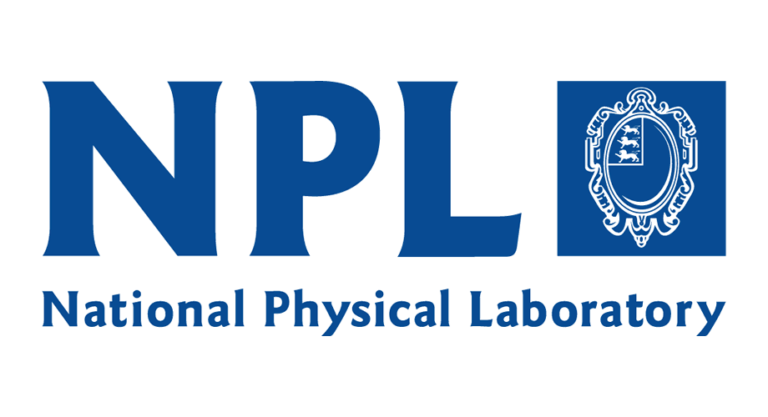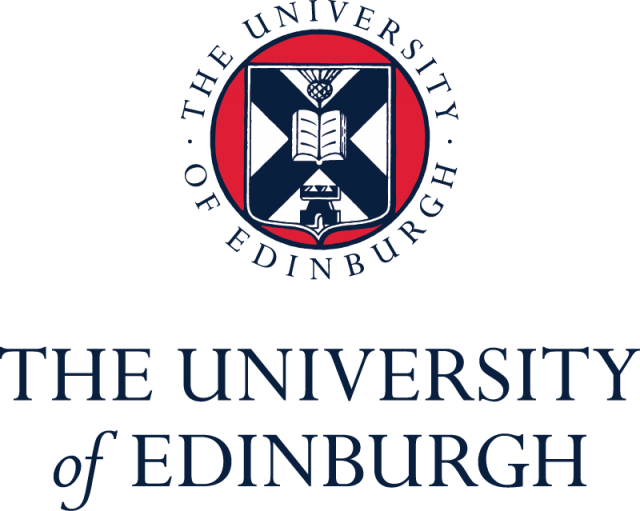Project Description
Advanced engineering systems often contain multiple components for which knowledge of the alignment, or exact component position, is critical to better understand the state of the system. In this project, the systems are sealed with limited access routes, and therefore a miniaturised, minimally invasive sensor solution is ideal. Optical measurements offer a potential solution and are of interest due to their passive nature, small size, and the ability to exploit the different properties of light allowing a range of different potential measurement techniques.
Optical fibre sensors combine the benefits of optical sensing with the flexibility to deploy these approaches in highly constrained environments. Although optical fibre sensing is a relatively mature field, it remains niche with many challenges that this project will aim to explore. Challenges include long term operation, self-diagnostic capability, and self-calibration/validation are important characteristics for a system that must remain maintenance free for long timescales. Component manufacture and installation in a way that is compatible with the use-case impose additional challenges, that may benefit from advanced laser-based manufacturing capabilities that we have available to us at Heriot-Watt.
The successful candidate with work in the research labs at Heriot-Watt University, as part of the Applied Optics and Photonics research group but will be expected to maintain close collaboration with industrial colleagues at the sponsor company.
The student will be based in the Applied Optics and Photonics (AOP) research group at Heriot-Watt University, in Edinburgh. For more information visit http://www.applied-optics-photonics.hw.ac.uk/ . Our research group comprises over 20 research staff and students and encompasses laser expertise, laser-based manufacturing, optical systems, and optical fibre sensors, and has a suite of laser-labs in the National Robotarium as well as dedicated sensing laboratories.
This project is an experimental project and will make use of both sensing laboratories and high-power laser laboratories to develop sensing solutions that are appropriate for the engineering challenges faced by AWE. The student will have academic supervisor on-site but will be encouraged to maintain close contact with the industrial supervisor on a regular basis in addition to formal quarterly update meetings.
The student will become part of the AOP group, which supports personal development via group meetings, technical presentations, informal discussions, and social events.
This project is primarily an experimental based project, and therefore core hour attendance on campus is usually expected. Flexibility of working practise can be considered when lab work permits.
Heriot Watt University EDI policy: https://www.hw.ac.uk/uk/services/equality-diversity.htm
AWE EDI policy: https://www.awe.co.uk/responsible-business/our-people/equity-diversity-inclusion/
CDT Essential Criteria
A Masters level degree (MEng, MPhys, MSc) at 2.1 or equivalent (BEng 1st class considered for candidates with sufficient previous research project experience).
Desire to work collegiately, be involved in outreach, undertake taught and professional skills study.
Project Essential Criteria
Applicant must be UK national. Site visits may require appropriate security clearance. UK Nationals should be willing and able to achieve security clearance if required.
Ability to work in practical laser laboratory environment and take ownership of design and delivery of experiments.
Ability, or willingness to develop, skills in communication – including preparation of written documentation, poster and oral presentation of work.
Ability to apply problem solving skills to a given challenge and think creatively about potential solutions.
Project Desirable Criteria
An interest in control system or sensor system development would be useful however training is available as part of the CDT that will help develop skills in photonic technologies and electrical sensing and control.
The CDT
The CDT in Applied Photonics provides a supportive, collaborative environment which values inclusivity and is committed to creating and sustaining a positive and supportive environment for all our applicants, students, and staff. For further information, please see our ED&I statement: https://bit.ly/3gXrcwg.
Forming a supportive cohort is an important part of the programme and our students take part in various professional skills workshops, including Responsible Research and Innovation, and attend outreach training.









